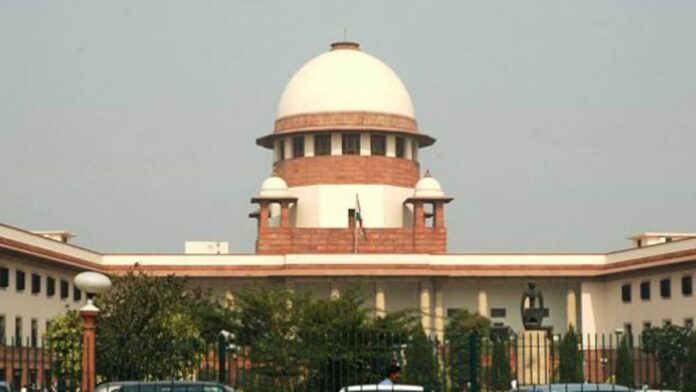The Supreme Court (SC) on Friday stayed a 2024-Delhi High Court (HC) ruling, which had allowed a private equity firm Tiger Global to avail tax benefits arising from the India-Mauritius Double Taxation Avoidance Agreement (DTAA), on transactions made prior to April 1, 2017.
Experts say the SC stay order may bring tax-related uncertainty for foreign investors and force businesses to adopt measures to prevent potential treaty-abuse.
The SC’s stay order comes despite a recent clarification by the Central Board of Direct Taxes that anti-abuse provisions signed by India with Mauritius and Singapore in March last year, mandating principal purpose test for treaty benefits, would be prospective, and would not apply for pre-FY18 transactions.
Also ReadJSW Steel Q3 Results: Profit plummets 70.65% to Rs 719 crore, beats estimates
While granting the stay, the two-judge bench of the apex court said that the issue has “pan Indian” implications, and requires “thorough consideration”. The next hearing on the matter will take place on February 18.
In August 2024, the Delhi HC had delivered a judgment in favour of ‘Tiger Global International III Holdings’–a Mauritius-based private entity–which exempted the company from paying capital gains tax on sale of shares, based on the India-Mauritius DTAA.
The HC overturned an earlier decision by the Advance Authority Ruling (AAR) tribunal, which had denied treaty benefits to the Mauritius-based firm.
Tiger Global International III Holdings (TGI), a tax resident of Mauritius, is owned by several private equity firms that are related to US-based Tiger Global Management (TGM). Between 2011 and 2015, TGI had acquired shares of Flipkart Singapore–which held substantial investments in Flipkart India–and in 2018, had sold it to Walmart, resulting in capital gains.
In 2019, TGI approached the Income Tax Department (ITD) and sought exemption from paying tax on capital gains, due to benefits provided under India-Mauritius DTAA. The company relied on Article 13(3A) of the DTAA, which exempts ‘Mauritian residents’ from Indian capital gains tax for shares acquired prior to April 1, 2017.
TGI also relied on the Supreme Court’s 2003 Azadi Bachao Andolan judgement to substantiate that DTAA benefits must be granted based on treaty terms, irrespective of the motives behind Mauritius-based entities.
However, the AAR rejected TGI’s application, and held that the transaction was designed for tax avoidance.
» Read More


